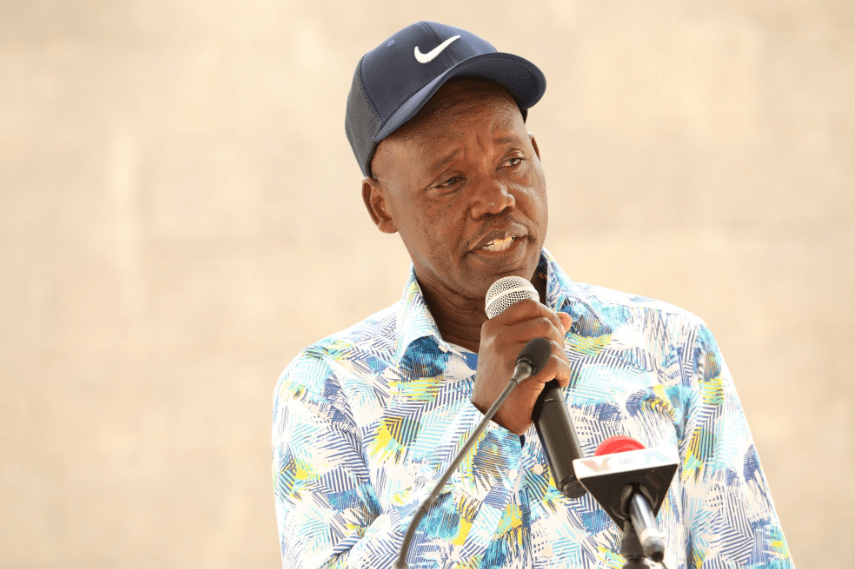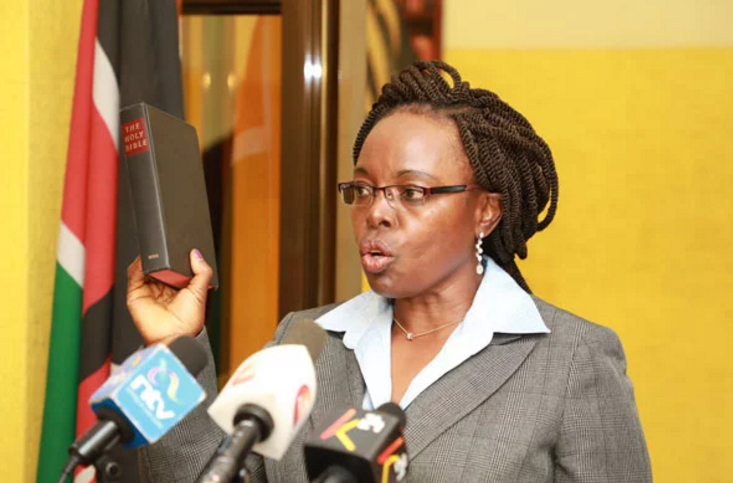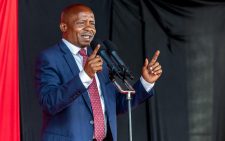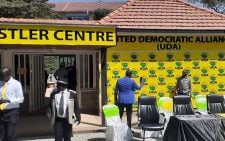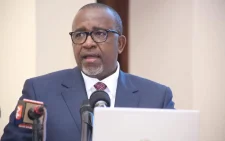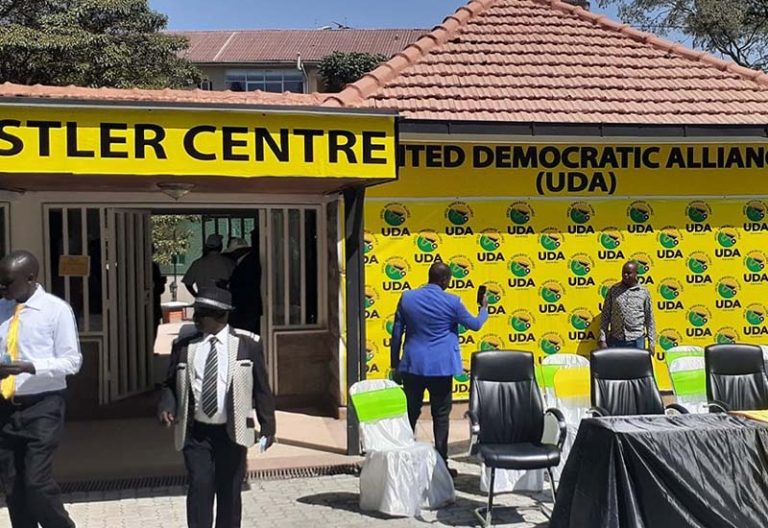CoB faults Treasury bid to bail out struggling parastatals
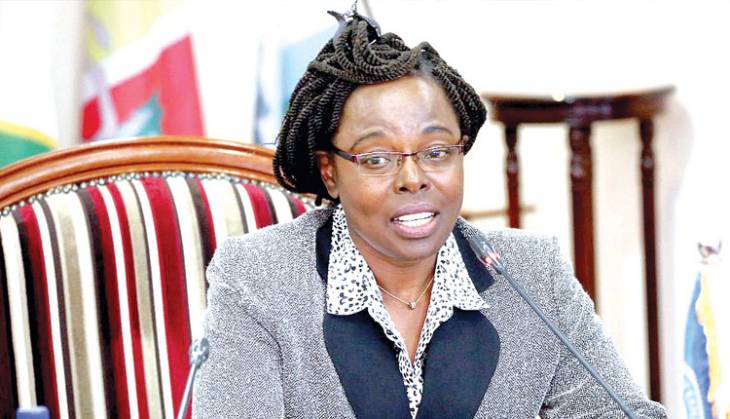
The Controller of Budget (CoG) Margaret Nyakang’o has faulted the National Treasury over its attempt to bail out nine struggling State-Owned Enterprises, (SOEs) that have been hard hit by Covid-19 shocks.
The state-owned enterprises include Kenya Airways, Kenya Railways Corporation, Kenya Power, KenGen and Kenya Ports Authority.
Others are the University of Nairobi, Kenyatta University and Jomo Kenyatta University of Agriculture and Technology.
In the latest national government budget implementation review report for the first quarter of financial year 2021/2022, Nyakang’o states that the funds spent to bail out State parastatals can be applied to other development activities, to create assets and capital.
“Such an approach would help the government improve financial performance and reduce public borrowing, thereby promoting overall economic growth in the long run,” Nyakang’o says in her report released yesterday.
To enhance the performance and rescue the troubled State firms, she recommends the restructuring of companies performing similar functions to eliminate duplication.
Negative equity
She also calls for enforcement of sound financial management, to promote prudence in the use of public funds as well as parent ministries approving borrowing by SOEs with authority from the National Treasury.
The CoB argues that the privatization of non-performing and non-strategic SOEs can be turned around by market forces.
“The prudence in the use of public funds among the State-Owned Enterprises while adhering to principles of public finance,” says Dr Nyakang’o.
Treasury has previously defended its decision to bail out state corporations, arguing that some, like Kenya Power and Kenya Airways, are key to “fuelling economic growth and the creation of employment” and should be supported through cash injection in the budget.
The national carrier has made clear its plea for additional cash from anchor shareholder, the government, to help it out of its precarious financial position.
“We are in a negative equity position, which means we are insolvent as an Organisation, obviously made worse by the pandemic,” KQ chief executive Allan Kilavuka said on August 26.

